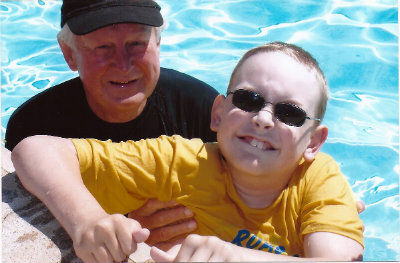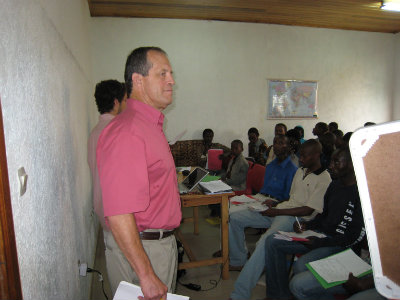
Retirement may be bad for you, a recent report suggests, but throwing yourself into meaningful pro-bono work offers a path to fulfilment and continuing vitality.
The UK Institute of Economic Affairs finds retirement increases the likelihood of suffering from clinical depression by 40 percent and the chance of having at least one diagnosed physical condition by about 60 percent: a message endorsed by New Yorker Claire Fagin.
Fagin's passion for justice and her dislike of hypocrisy is palpable and undimmed by her 86 years. "I wasn't the type to have hobbies like golf. I've always defined myself by my work. Why should I stop trying to achieve the goals that matter to me, just because I've retired?"
She recalls shocking a woman at a swanky cocktail party by revealing she was a nurse. "Oh! I've never met a nurse socially!" the woman sneered. In fact, Fagin was a professor of nursing at the time, but she refused to pander to social-climbing expectations. She was and is proud of the nursing profession. Fagin went on the be the first female CEO of an Ivy League college, writing about issues that continue to demand her energy: speaking, campaigning and sitting on the board of Visiting Nurse Service of New York, often putting in four hours a day.
"I use a lifetime's connections -- I'm a phenomenal networker. I help people by mentoring or making a phone call or writing an email. I can continue that even when I reach the stage where I'm less mobile."
Fagin claims her activism is beneficial for her well-being, rather than wearing her out. "Anyway, there's so much to do," she exclaims.
For Lorraine Sheinberg, there can be no stepping back from the front line of activism because the women's rights she fought for in her youth are "once more being challenged." Sheinberg, 76, has produced and directed fourteen educational videos in recent years, shining a light on issues like the need for the police to test rape evidence kits promptly, thereby prosecuting and removing rapists from our streets.
She is on the board of the Feminist Majority and Girls Learn International. Formerly an actor (she played Roy Scheider's wife in the Jaws films), Sheinberg utilises her Hollywood skills to create documentaries about "wedge issues" like choice, and "exposing the radical right" as she puts it. Her work reaches campuses and women's groups across the nation, and while she is enthusiastic about the new generation of feminist campaigners, she knows women her age cannot rest on their laurels. Like Fagin, she works a lifetime's connections, but never for her own benefit. To be in her presence is to feel an invigorating jolt of intelligence and determination, mixed with wry and self-deprecating humor. It's easy to see why women a third of her age want to be around her.
Five days a week, Herb Tews rises early and heads for the Santa Barbara Rehabilitation Hospital. But the tall, distinguished-looking 77-year old is not there for therapy: he dons a bathing suit, climbs into the pool, and helps stroke victims with their exercises, as well as children with cerebral palsy.
Tews' wife Karen describes him as "a hard driving, type-A personality" prior to selling his business in Chicago when he was 59. "It was the right time financially but too early for him mentally." Herb admits it was a difficult transition moving from running his own company to no longer being in charge. He filled his days with part-time consulting work, served on charitable boards and took painting and sculpting classes. But he didn't feel fulfilled. Then he experienced life-threatening health problems. After recovering, he was determined to find a way to give back.
Tews is too modest to toot his own trumpet, but his wife salutes his steadfast commitment, commenting that his work keeps him more youthful than most men his age.
Dick Lamb knows a thing or two about starting a business, although he wears his achievements with a disarming humility: he brought the world the "balance bar," the much imitated and now ubiquitous sports energy snack. Since Lamb sold the company to Kraft he has been mentoring young businesspeople. He is involved in Score, a volunteer group under the auspices of the Small Business Administration, connecting experienced business people to a new generation trying to start companies.
"Young entrepreneurs really appreciate guidance from people who've had successful businesses and bear the battle scars to prove it. I've mentored dozens of businesses, many of them in the food business, such as Proyo frozen yogurt, The Juice Ranch and Sun Potion. It's very gratifying to know you've helped young businesses get off on the right foot or make mid-course corrections to their plan."
Lamb, 66, has also been to Rwanda to mentor budding entrepreneurs in Network for Africa's project for genocide survivor orphans, who are now in their twenties, facing life alone and without resources or support. Says Moses Kiyendeye, who runs the center, "You can imagine how inspiring it is for us to have a real life business success story in our classroom."
Cleary, a lifetime's worth of experience would be a terrible thing to waste.



